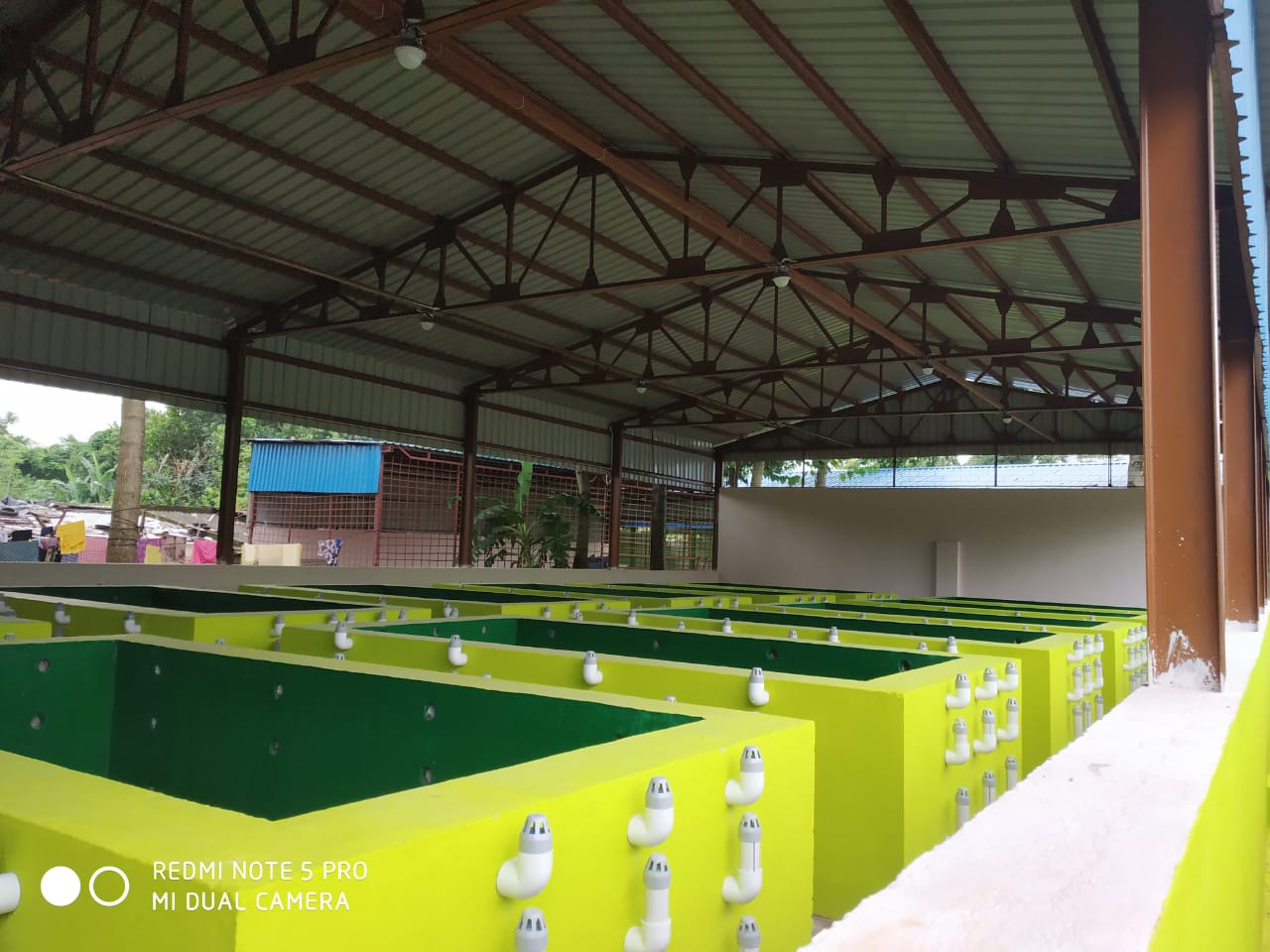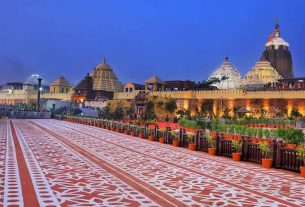Bhubaneswar, September 21: The Bhubaneswar Municipal Corporation (BMC) will comp, lete construction of as many as 32 Micro Composting Centres (MCCs) out of the proposed 43 by end of December this year to ensure proper management of wet waste in the capital city Bhubaneswar. These MCCs will also be commissioned immediately soon after its completion.
At present, 11 MCCs are ready, and one of these at the Temporary Transit Station (TTS), near Sainik School, in the city, has been processing garbage since the last month and churning out organic manure without any sanitation issue.
Among the completed ones, eight MCCs were established in Division – 2, which is South-East and South-West Zones of the city and three in Division – 1, falling under the North Zone of the city.
The eleven completed MCCs include three at NICCO Park for Ward Nos – 28, 29, 35 and 36. Two at Laxmisagar Sewerage Treatment Plant (STP) for Ward Nos – 32, 33, 42 and 43, one at Baragarh crematorium for Ward No – 44 and two at Gopabandhu Nagar for Ward Nos – 47, 48 and 51. One each at Pandara, Prasanti Vihar and TSS near Sainik School.
Construction work was affected due to restrictions on the movement of labourers for COVID-19 induced lockdown and shutdowns since March. “The COVID-19 pandemic has slowed down the pace of construction works of MCCs, but we have resumed the work in full-swing. Our target is to complete at least 32 MCCs by end this year,” said BMC’s City Engineer, Shri Debasundar Mohapatra.
Out of the total 43 proposed MCCs, work on 11 sites has not started due to land related disputes and public protest. However, the issue will be resolved soon, and construction works on these MCCs will start shortly.
The BMC will set up total 43 MCCs in the city, where municipal waste can be converted into compost to ensure proper solid waste disposal. These centres can process up to five tonnes of wet waste every day.
The MCC at the Temporary Transit Centre (TTS) near Sainik School – the point of transportation of the solid waste to the designated site at Daruthenga – has been processing more than 3 tonnes of wet waste daily since it started functioning in July.
“We will start functioning of the MCCs soon after its completion,” said BMC Deputy Commissioner (Sanitation), Suvendu Kumar Sahu.
He further said that people are under the misconception that it will lead to bad hygiene and foul smell in their localities. “The waste is segregated as bio-degradable and non-biodegradable at source. Bio-degradable waste is brought to MCC, where it is cut into pieces before duping into well ventilated pits. Effective microorganism solution prepared using water, jaggery and curd is sprinkled on waste to help bacteria grow faster, which will turn waste into manure in 40 days,” Sahu explained.
The Civic Body has roped in Women Self-Help Groups (SHGs) to support the daily activities involved in waste collection at the centres. One SHG will be assigned to every MCC and four of its members nominated as ‘Swachh Sathis’ to manage these centres. At least four to six ‘Swachh Sathis’ will be given the task of managing one MCC.
The 43 MCCs are divided under executive engineers for two divisions. Under Division – I, Prasanti Vihar, Patia, Palasuni, Niladri Vihar near Isaneswar Temple, Hatiasuni Temple, GA plotted area of Bharatpur, Kalinga Nagar and open space near N-3 and Ekamra Park area will be covered. While Division -II covers localities such as Pokhariput, Laxmisagar and a Sewerage Treatment Plant (STP) near Kalinga Nagar.
Similarly, the BMC had proposed to set up 10 Material Recovery Facilities (MRFs) for plastic waste management in the city. One MRF located at the Temporary Transit Centre (TTS) near Sainik School has started functioning since August 3. Work on rest of the MRFs is underway. Bhubaneswar generates about 15,000 tonnes per annum (TPA) plastic waste yearly.



